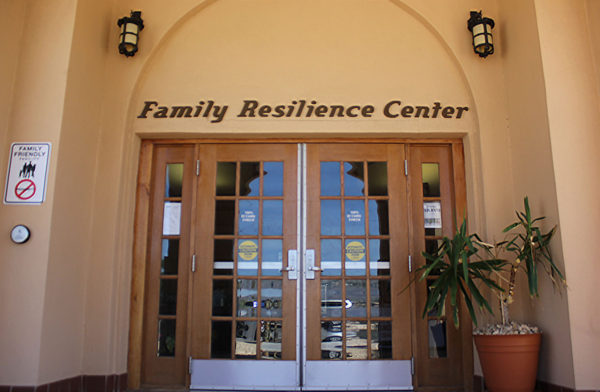
When a soldier is deployed into a place of combat, dealing with separation from familiar surroundings and loved ones may be difficult. To get through the especially trying times, soldiers have an abundance of resources made available to them by the Army – both on base and while they are deployed. According to the 2016 “Army Posture Statement,” the Army has approximately 190,000 soldiers deployed to 140 countries. Business Insider, a news website, compiled statistics from various publications and reports that a large number of Army soldiers are spread across Kuwait, Afghanistan, Iraq, and Poland. While deployed, soldiers experience many combat stressors such as seeing dead bodies, being shot at and attacked, and knowing someone who was killed or seriously injured. According to The U.S. Department of Veterans Affairs (VA), almost 14 percent of troops deployed to Iraq and Afghanistan are likely to have post-traumatic stress disorder (PTSD) and are at risk for other mental health problems. This percentage is similar to Vietnam theater Veterans (12 percent) and Gulf War Veterans (10 percent) who suffer from PTSD.



